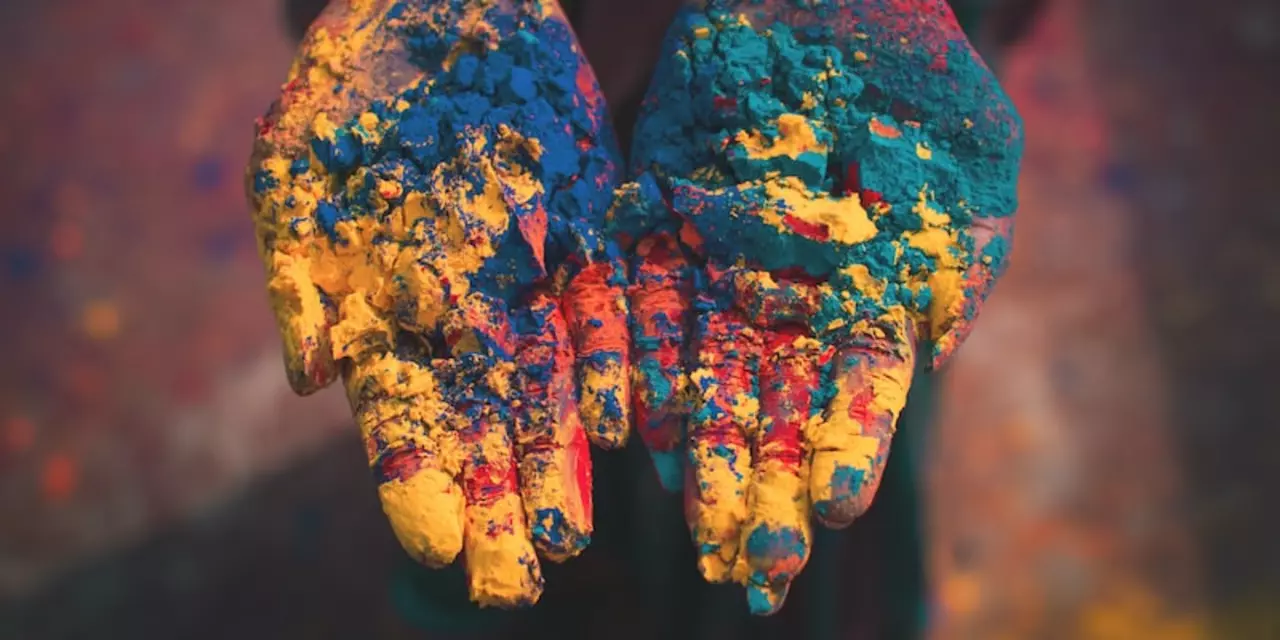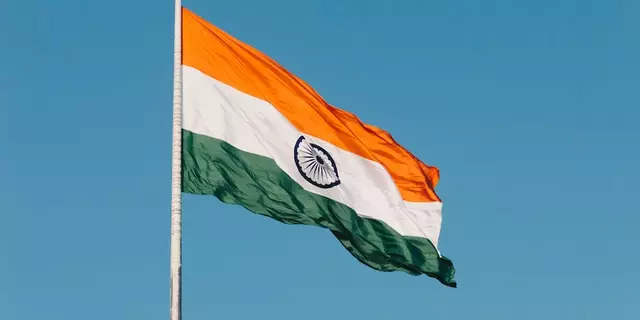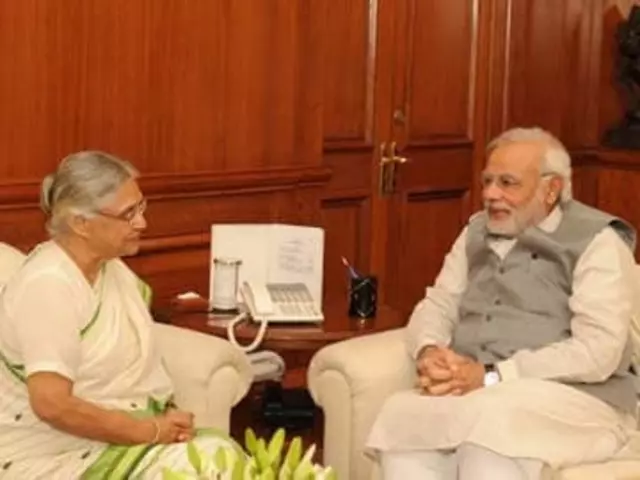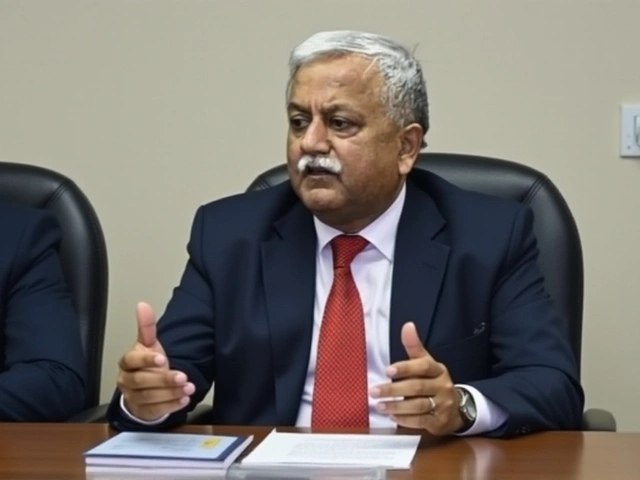Exploring the Myths and Realities of India: A Look at the Good and the Bad
India is the world’s largest democracy and the second most populous country in the world. It has a very diverse population, culture and geography. But despite its size, India is often seen as a poor and backwards country. This perception is largely due to the negative stereotypes that have been perpetuated by media and the western world.So, is India really such a bad country? The answer is not so simple. As with any country, India has its good and bad sides. To explore the myths and realities of India, we need to take a look at both the good and bad aspects.
The Good:
India is home to some of the world’s most ancient and remarkable monuments, including the Taj Mahal, the Red Fort, and the Qutb Minar. India also has a rich cultural heritage, with many fascinating customs, traditions, and religions.
In addition, India is making great strides in terms of economic development. In recent years, India has seen tremendous growth in its economy, and has become a major player in the global economy. India is also home to some of the most innovative and successful companies in the world.
The Bad:
Unfortunately, India also has its share of problems. The country still suffers from severe poverty, inequality, and corruption. Inequality is especially acute in India, where the gap between the rich and the poor is huge.
In addition, India has a very poor educational system, and many of its citizens are illiterate. As a result, many people lack basic knowledge and skills. Furthermore, India has a long history of gender discrimination, which has resulted in lower rates of education and employment for women.
Conclusion:
It is clear that India is not a perfect country. There are still many problems that need to be addressed, and there is still a long way to go before India can become a truly prosperous nation. However, it is also true that India is making progress, and that there is much to be optimistic about. With continued effort and dedication, it is possible that India will be able to overcome its challenges and become a truly great country.
Is India Really as Corrupt as People Say? An Analysis of the Situation
India is often seen as one of the most corrupt countries in the world, and stereotypes of Indian corruption are rampant in the international media. But is India really as corrupt as people say? To answer this question, we must look at the facts.Corruption in India is a serious issue and is rooted in deep-seated cultural and economic problems. The country has long been plagued by cronyism and patronage networks, as well as a lack of transparency and accountability in government. This has led to high levels of corruption at all levels of society, from local officials to the highest levels of government.
However, there have been some positive developments in recent years. The Indian government has taken steps to combat corruption, such as introducing the Right to Information Act and the Lokpal (anti-corruption) Bill. These measures have helped to shine a light on corruption and increase public awareness of the issue.
Nonetheless, corruption remains a major problem in India. The World Bank estimates that the country loses up to $100 billion each year due to corruption. This money could be used to fund development projects and reduce poverty in the country.
The truth is that India is not as corrupt as people make it out to be. While there is still much work to be done to tackle corruption, the country has taken steps to address the issue and is making progress.
Debunking the Stereotypes: A Closer Look at India's Strengths and Weaknesses
When the words “India” and “bad country” are put together, many people immediately think of the country’s poverty, its inequality, and its lack of development. But there is more to India than just these negative stereotypes. In fact, India is home to some of the world’s most beautiful landscapes and vibrant cultures.One of the most notable positives of India is its economy. Despite the country’s poverty, India is the world’s seventh largest economy by nominal GDP and the third-largest by purchasing power parity. India’s economy has grown rapidly over the past decade, and the country has made significant progress in terms of poverty reduction.
India’s cultural heritage is also something that should be celebrated. With its rich diversity of religions, languages, and traditions, India’s culture is unique and vibrant. India’s culture is also responsible for many of its most famous exports, such as Bollywood movies, yoga, and traditional Indian clothing.
India is also home to some of the world’s top educational institutions, such as the Indian Institutes of Technology and the Indian Institutes of Management. India’s educational system is highly competitive, and its students regularly rank among the best in the world.
Finally, India is home to some of the world’s most innovative technology companies. Companies such as Flipkart, Ola, Paytm, and Zomato have become household names in India, and their success is a testament to the country’s innovative spirit.
Overall, India is a complex country with both its strengths and weaknesses. But one thing is for sure: India is far more than just a “bad country”. The country has a rich and vibrant culture, a growing economy, and some of the world’s best educational institutions and innovative technology companies. India is a country that should be celebrated and embraced.






